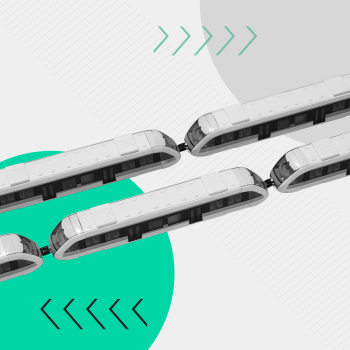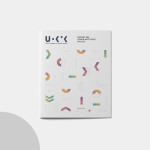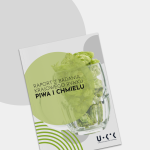
- UOKiK has examined the characteristics, relationships, and state of competition in the Polish rail passenger transport sector.
- Polish passenger rail is divided into regional markets dominated by a single carrier, with over 90% of services operated under public service contracts.
- Among its recommendations, UOKiK calls for simplifying the procedures for granting open access and for better tailoring tenders to the operating conditions of rail carriers.
Data collected by UOKiK show that in 2023 more than 373 million passengers travelled on Polish trains, with the vast majority of journeys (over 93%) made under public service contracts. Despite the large number of operating companies (sixteen in total offering passenger services), genuine competition remains rare on Polish tracks. Many regions are served almost exclusively by the local government carrier, while PKP Intercity dominates long-distance routes.
– We conducted this study to explain why, despite the presence of many operators on the Polish railway market, there is still no real competition. We examined, among others, the organisation of tenders and the procedures for granting open access. We also looked at the factors limiting the development of rail operators’ services, as well as the practices prevailing on the most popular routes, such as those from Warsaw to Wrocław, Poznań, and Tricity – says Tomasz Chróstny, President of UOKiK.
The study was carried out among 17 Polish and foreign railway operators (including one that had previously provided only coach transport in Poland), covering the largest companies active in the country as well as institutions responsible for organising and supervising passenger transport. The analysis focused mainly on the years 2019–2023, although slightly earlier data were also used to better capture trends. The outcome of the study is the “Report on the Passenger Rail Transport Market in Poland”, which presents a detailed diagnosis along with recommendations for legal and systemic changes. The document can be downloaded (in Polish) from the UOKiK website.
Market organisation and public service contracts (PSC)
Rail passenger transport in Poland is largely based on Public Service Contracts (PSCs), which guarantee subsidies for services that would be unprofitable from a purely commercial perspective. As a result, more than nine out of ten journeys are operated at the request of local governments or the state. Competition “for the market” (through public service tenders) remains limited: tenders are announced only sporadically, and carriers highlight the short period between the outcome of the procedure and the obligation to start providing services. By contrast, competition “in the market” – where several operators compete for passengers on the same route – requires securing open access decisions, which have often taken months to obtain.
The largest share of passengers is carried by POLREGIO, PKP Intercity, and Koleje Mazowieckie. According to the report, these three companies together account for around 80% of passenger-kilometres (the total number of passengers multiplied by the number of kilometres travelled) and 75% of train-kilometres (the total number of kilometres travelled by rolling stock). PKP Intercity ranks first in terms of passenger-kilometres. As the operator of numerous long-distance connections, it benefits from state subsidies but also operates services on a commercial basis.
Key issues
The challenges most frequently reported by operators included a lack of modern trains, unclear or time-consuming formal procedures, and little incentive for local government companies to expand beyond their home voivodeship.
UOKiK also examined examples from other countries, such as Spain and Italy, which are much stricter in adhering to deadlines in the procedures for granting open access. Their regulations often include precise indicators that require the regulator to make a specific decision – for example, whether a proposed commercial service would threaten a socially important public service. In Germany, a solution has been implemented that allows automatic approval for commercial trains on the most popular routes, removing the need to submit an application for each service.
Proposals for the industry
The analysis indicates that an increase in genuine competition could benefit both passengers and incumbent operators. In other European Union countries, such as the Czech Republic and Germany, the development of commercial services alongside carefully organised public service tenders has led to more connections, lower ticket prices, a rise in total passenger numbers, and higher profits for incumbent operators.
For a similar scenario to take place in Poland, UOKiK highlights the need to facilitate market access, including through:
- allowing longer periods to prepare offers and commence services in tenders;
- introducing measurable evaluation criteria in procedures for granting open access;
- strict adherence to deadlines in administrative proceedings;
- dividing transport ordered by organisers into smaller packages that combine popular and less profitable routes;
- providing more transparent transport plans, enabling operators to better plan investments in rolling stock and network development.
UOKiK also recommends expanding the activities of public operators, which are currently almost exclusively concentrated in a single region, as this effectively limits competition. In the area of open access, it is suggested to introduce provisions that reduce the discretion of the regulatory authority and accelerate appeal procedures.
Information for the media
| +48 603 124 154 | |
| biuroprasowe@uokik.gov.pl | |
 | pl. Powstańców Warszawy 1 00-950 Warszawa |











